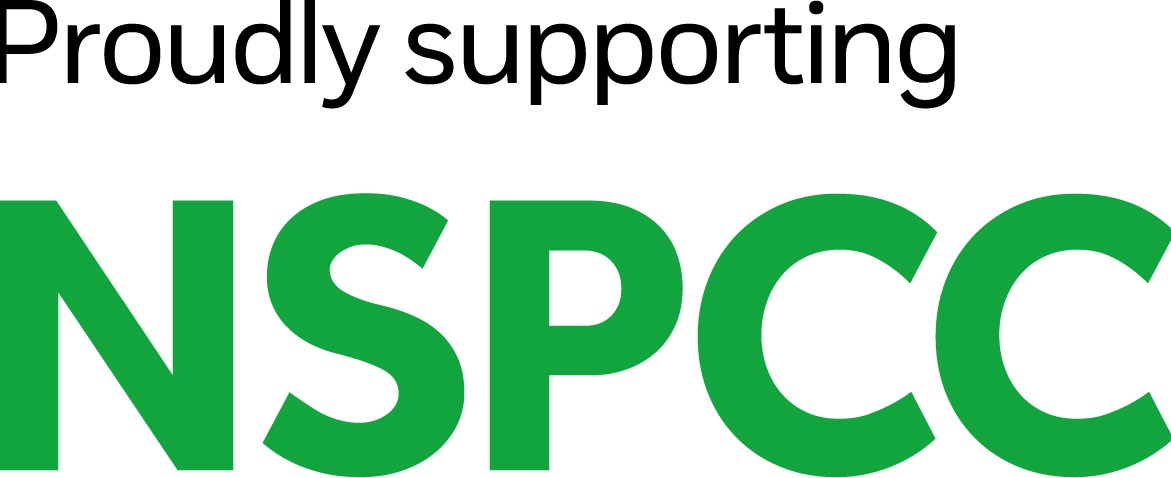
Black: Welcome to the Morningstar Investment Board. Today we're going to talk about how to pay down debt. Debt, scary word. Unfortunately, because of houses and student loans, most of us have some, in fact, the average UK household has £60,449 worth of debt, the average U. adult has £1,160 just on a credit card, not including any other debt. So I think it makes sense to think about how we start getting rid of it. So I've said this before, but I will say it again, first thing, get rid of any debt before you start saving. Here is why? If you have £1,000 on a credit card that has interest of 20%, which is the average of the UK credit card at the moment, it's going to cost you £200 a year, just in interest. If you put that same £1,000 in the high street savings account, you're currently going to get about 0.5%. And so you're only going to earn £5, it's is not worth earning that if you're spending that.
So, when we have several different pots of debt, it can be really intimidating and hard to know which one to start with. So let's think about Sally, she's buying a house and she wants to know what to do with her money. She has got £9,000 on a credit card at 19.99%. Because I like to make things hard for myself. She's also got a car loan, she's got £6,500 on that, and the interest rate is 6%. And she's got £12,000 in student loans, she's paying 3% on. So if you look at those, where would you feel inclined to start? A lot of people would say go for the big one chip away at that, actually it's not the right answer, sorry. In personal finance often not a right or wrong answer. But I would say this is a wrong one. Because if we think about what this debt actually costs us to service each year. So in interest we'll be paying £1,795 a year on this, the car is going to cost us in interest, £391 just in interest. The student loan despite being the larger amount, because the interest we're paying on it is lower, it's going to cost us £360. So what's the answer?
Start with the most expensive debt, get rid of that first because it's racking up, that only gets more each year. So another way to think about it, which some people find easier is debt snowball approach, that's a different method of paying down debt. And that is where someone will start with the smallest owing, because they can get rid of it quicker. And psychologically for some people, that is better. Other people might think about paying, getting a loan, or a naught percent balanced credit card, paying off all the debt and putting it all in one place. Because it's easier to work off one pot, that can be a good method, but only if the rate you're paying on that loan or credit card beats all of this and makes it cheaper.
So with debt, we should try and overpay where possible, there is an option with loans, with credit cards, just pay the minimum. Actually, if you do that, The Money Charity says that the average UK adult would spend 25 years and 4 months getting rid of their debt, if they just met the minimum repayments each month. Because quite often it's only enough to pay the interest, you're not actually getting rid of the sum you owe. So let's think about this £9,000. If we were just paying £150 a month repayment on that it would take 26 years and 10 months to get rid of that debt. And because of all the interest that accrues on it, you'd actually, even though you only borrowed £9,000, you'd end up paying back £48,321. If you can afford to up that to paying back £300 a month, would bring that down to 42 months.
So less than four years. And the amount you end up paying much smaller is still more money than you want to be paying out. You borrowed £9,000 you'd pay back £12,500. And if we can go big guns and pay back £600 a month. We would get rid of that debt in 18 months and in total we borrowed £9,000 remember, and we pay back £10,435. So, think about the most expensive debt. Think about what it's costing you, always meet the minimum repayments doesn't mean you can just ignore the other pools of debt while you're focusing on one. But if we channel our energies into that expensive stuff, we can at least not be shelling out for interest that we could otherwise avoid. And if you are struggling and you don't know where to start, there are organizations and charities, you can speak to Citizens Advice and StepChange for example, who can help you come up with a plan to manage that debt.




























